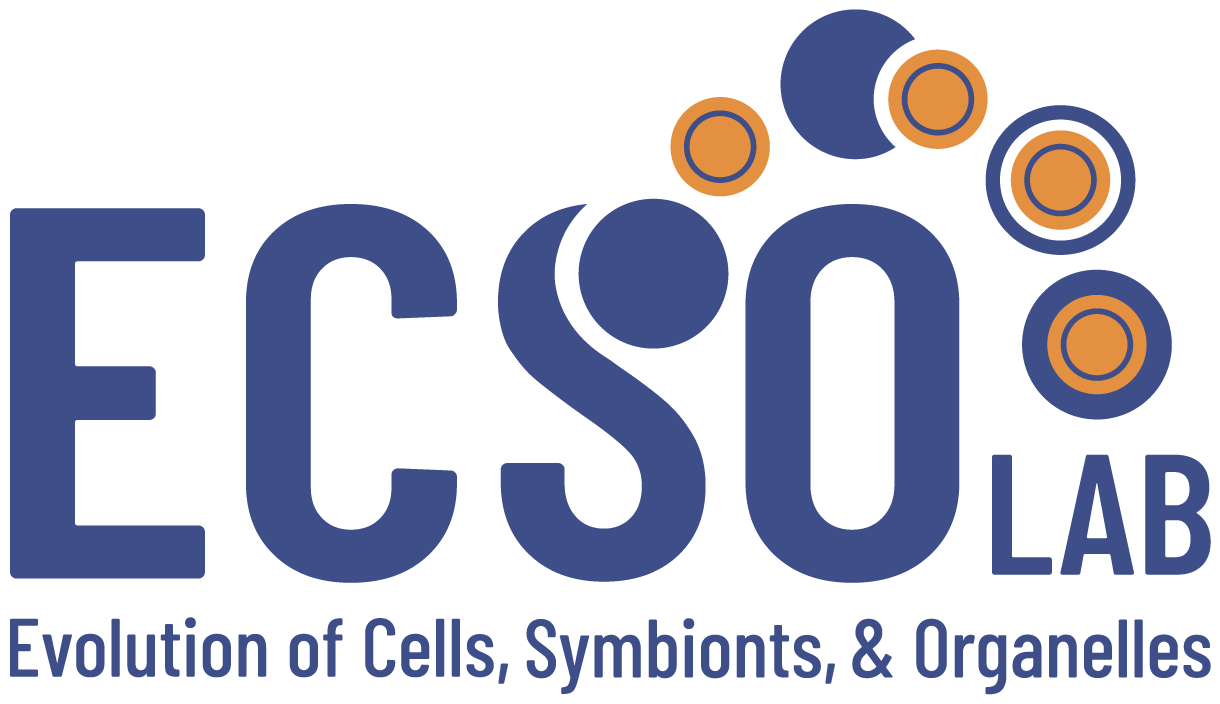
Welcome to the Evolution of Cells, Symbionts, and Organelles Lab website! We are located in the Department of Biological Sciences at Purdue University (IN, USA). We are part of the Ecology and Evolutionary Biology Research Area and the Center for Plant Biology. One of the central questions that drive our research is ‘How does cellular complexity increase?’ Our research thus focuses on major transitions in cell evolution. Two of the immediate interests of the lab are (1) the origin of eukaryotes and their mitochondria, and (2) the origin and function of purple photosymbioses.
Some of the questions we are tackling include::
- What was the nature of the mitochondrial ancestor?
- What was the genetic contribution of the mitochondrial ancestor to eukaryotes?
- How did mitochondria affect the physiology and evolution of eukaryotes?
- What are the mechanistic bases of purple photosymbioses?
- How have purple photosymbioses evolved?
See our research here to learn more.
Opportunities
I am always looking for highly motivated students to join the ECSO Lab! If you are passionate about symbiosis and cell evolution, please do get in touch to discuss possibilities. If you are a student that belongs to an underrepresented or minority group, consider applying to the Graduate Diversity Visitation Program (GDVP) for a chance to visit Purdue and our lab with all expenses covered for four days. You can reach me at samunozg{at}purdue[dot]edu
News
| Apr 15, 2025 | Ella Stone has joined the ECSO Lab as a PULSe PhD student. Welcome, Ella! |
|---|---|
| Mar 17, 2025 | Matheus Sanita Lima is visiting us from the Smith Lab in Western University for six months. Welcome Matheus! |
| Dec 12, 2023 | The article “The energetic costs of cellular complexity in evolution” is out today in Trends in Microbiology! It explores the micro- and macroevolutionary costs of increases in cellular complexity. Follow this link for a 50-day free access to the article. |
| Dec 12, 2023 | We welcome Research Assistants Penelope Vu, MSc and Konrad Schwartz, BSc to the ECSO Lab! |
| Oct 04, 2023 | Together with the Friedman lab at UT Southwestern, we have released a new preprint that reports a new interactor of the crista-developing MICOS complex in fungi. Check it out here. |